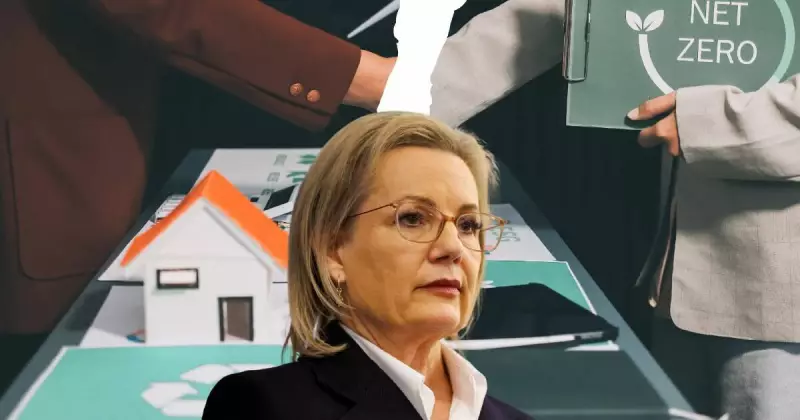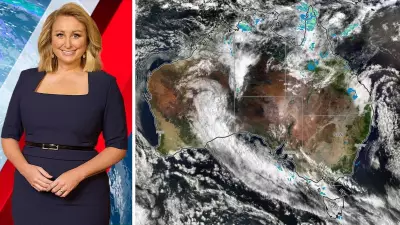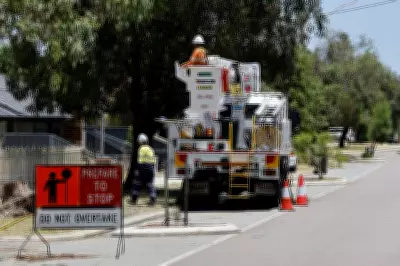
Major Climate Policy Reversal
The Australian Liberal Party has made a dramatic decision to formally abandon its commitment to achieving net-zero emissions by 2050. This significant policy shift occurred after senior party members endorsed dropping the long-standing emissions goal during meetings held on Thursday, November 13, 2025.
Opposition Leader Sussan Ley is expected to publicly announce this decision at a press conference following a joint Coalition meeting scheduled for Sunday. The move represents one of the most substantial climate policy reversals in recent Australian political history.
Internal Party Dynamics Behind the Decision
According to two Liberal sources who confirmed the party's plans, this decision follows an extensive partyroom meeting on Wednesday where a majority of Liberal MPs expressed their desire to abandon the net-zero target. Key figures supporting the change included senior conservative Angus Taylor, deputy Liberal leader Ted O'Brien, James Paterson, and Senate leader Michaelia Cash.
The party's right faction actively lobbied to scrap the target, partly to maintain Coalition unity after the Nationals pre-emptively abandoned their own net-zero policy last week. This comes after the two parties experienced a brief separation following the May election.
Following a five-hour Liberal party room meeting, opposition energy spokesman Dan Tehan revealed that members had broadly agreed to a set of principles for their new emissions policy framework.
New Energy Policy Directions
The Coalition's revised approach includes several significant changes to Australia's energy and climate strategy. The party plans to increase carbon capture and storage technology to extend the operational life of coal plants for as long as possible. Additionally, they will focus on securing new gas supplies to ensure reliable energy for all Australians.
In a notable shift, the Coalition has scrapped its commitment to building nuclear power stations but has vowed to lift the current moratorium on nuclear energy if elected to government.
Instead of the previous net-zero by 2050 target, the Liberals will commit to five-year emissions reduction targets that will not be legislated. This contrasts sharply with the federal government's current target to reduce greenhouse gas emissions by 62 to 70 percent below 2005 levels by 2035, as part of its broader net-zero by 2050 goal.
Political Consequences and Internal Dissent
This decision risks further alienating younger Australian voters who strongly support climate action, particularly in crucial inner-city seats where environmental concerns often influence voting patterns.
The policy change has already sparked internal conflict, with opposition housing spokesman Andrew Bragg threatening to quit Sussan Ley's frontbench if the party opted to abandon net zero. Bragg described the potential move as absolutely ridiculous given Australia's commitments under the Paris climate treaty.
Despite abandoning the net-zero target, the party has agreed to retain its commitment to the Paris Agreement, though the specifics of how this will be reconciled with the new policy direction remain unclear.





